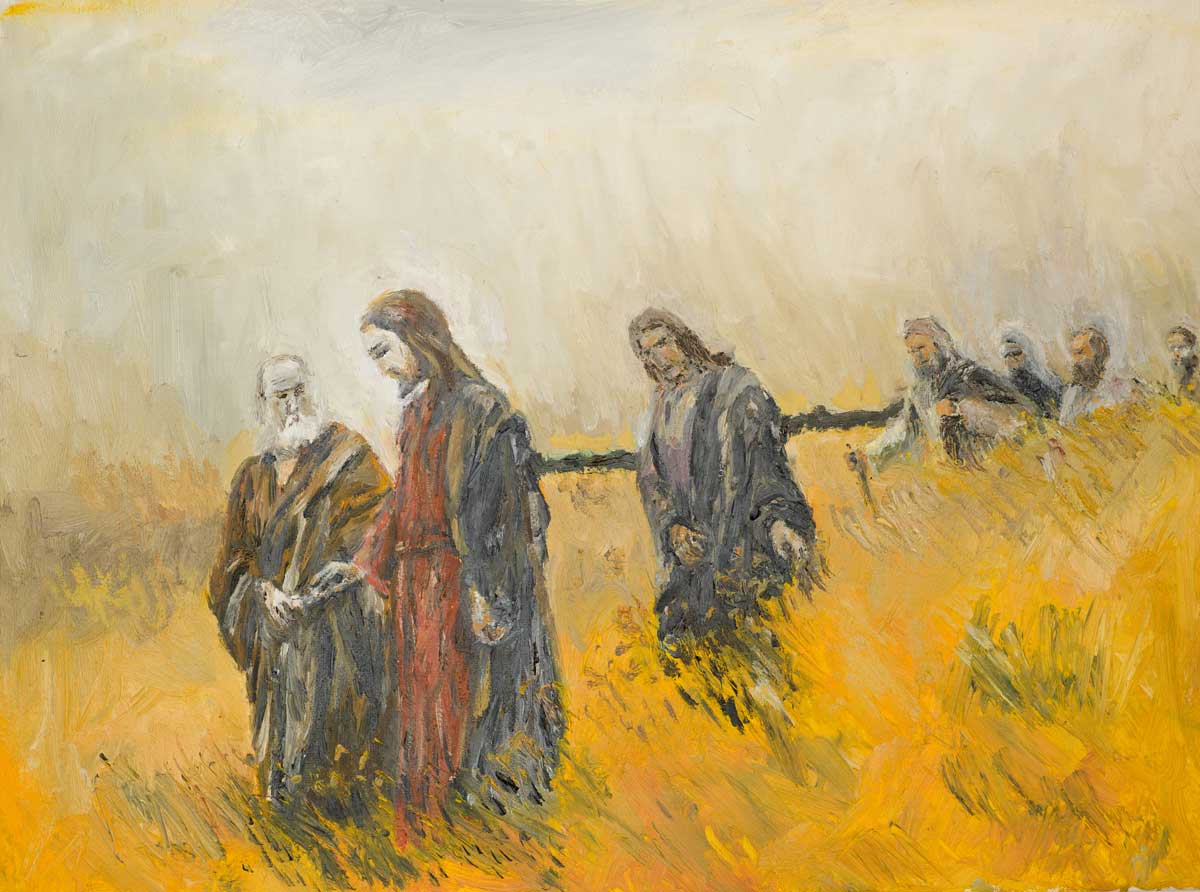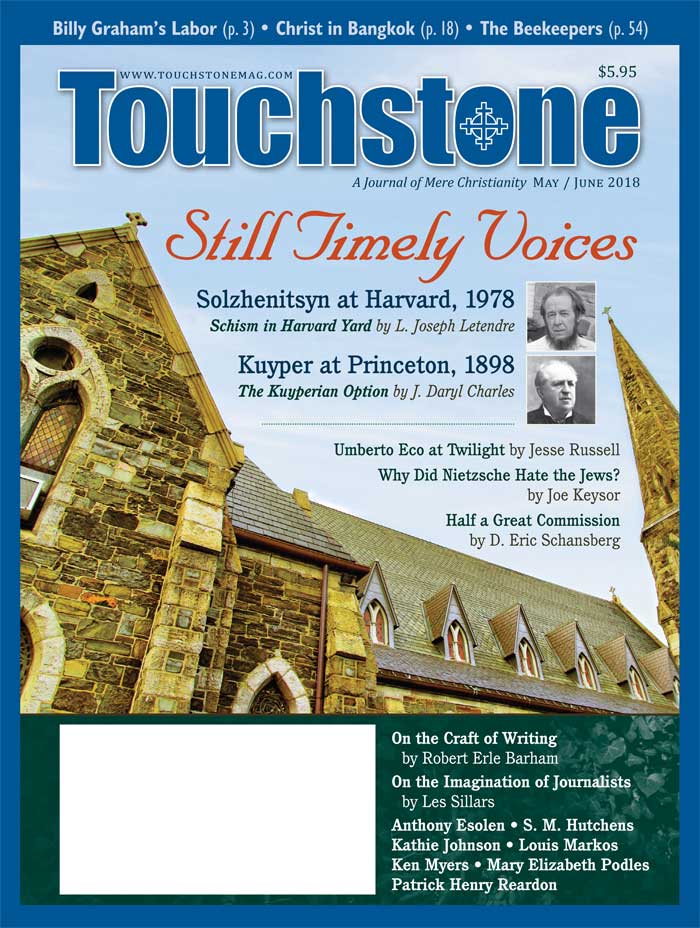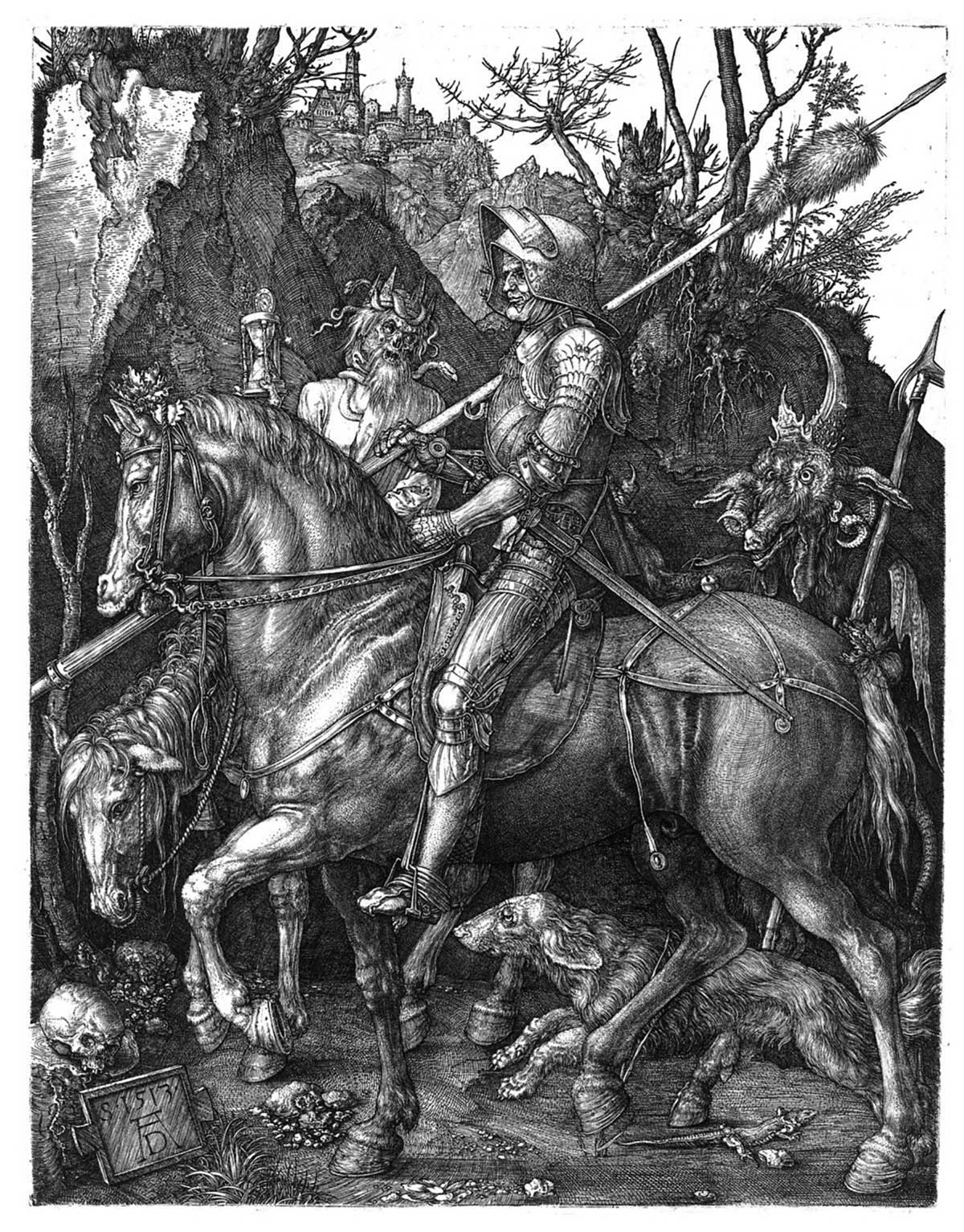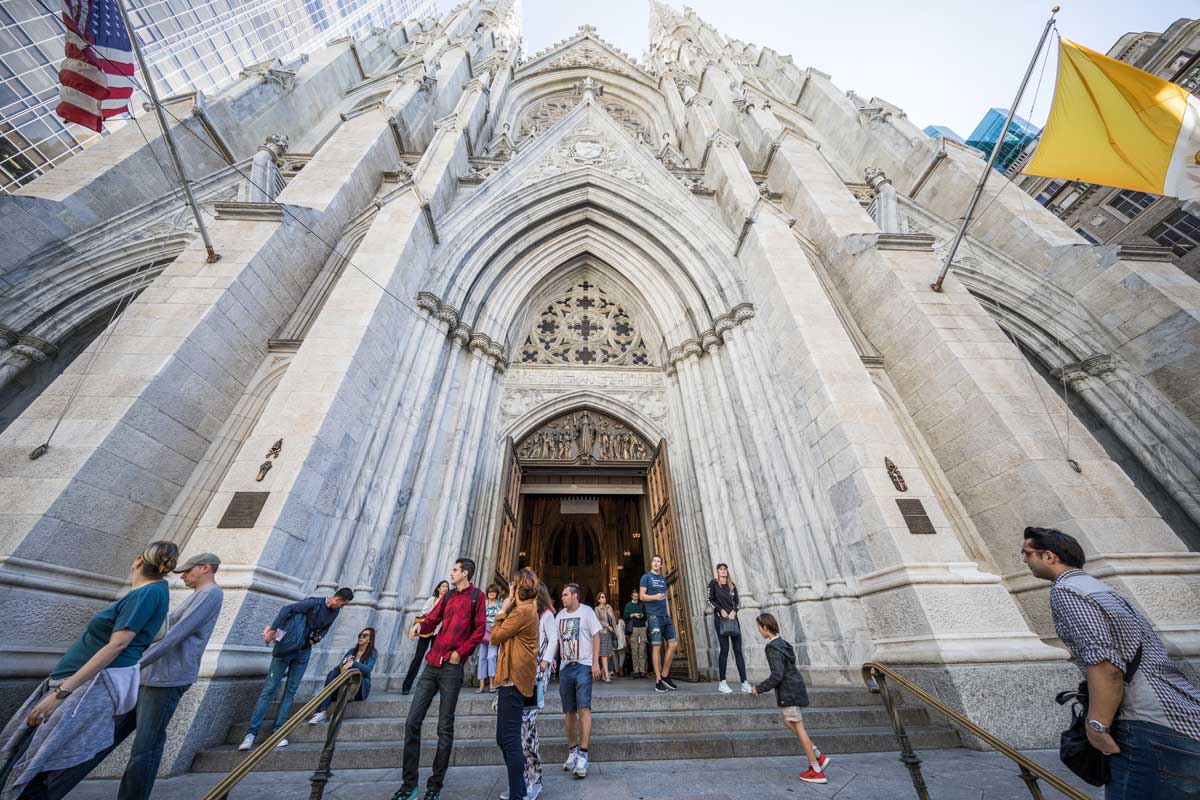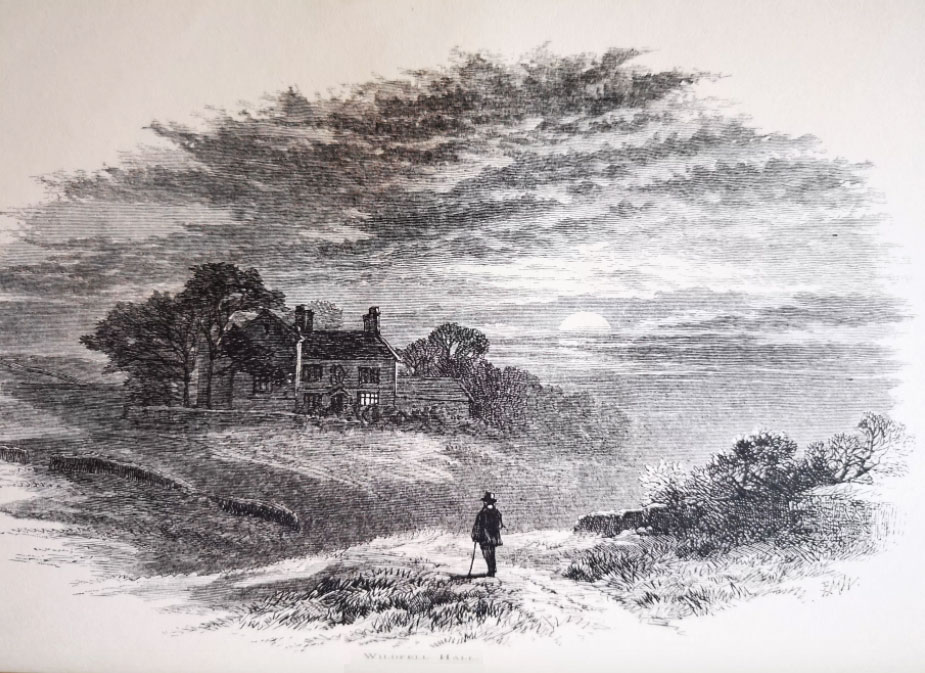View
The Great Omission
D. Eric Schansberg on Christ's Commandments & True Discipleship
"Go and make disciples of all nations, baptizing them . . ." is the most famous part of our Lord's Great Commission (Matt. 28:19–20). But the phrase is often understood as evangelism, particularly of "unreached people groups." Or the "discipleship" is of a vague, tepid sort—based on church and small group attendance, some service and giving, staying out of trouble and being nice to one's neighbors.
What about the next phrase: "teaching them to obey everything I have commanded you"? Well, "everything" is a tall task. So, the "teaching" within discipleship is often reduced to something far more modest.
Imagine that I'm supposed to "teach you everything about economics." Here's the plan: we'll get together in a large lecture hall once a week, and I'll talk at you for thirty minutes about economics. Assume that I'm a gifted lecturer who works hard to maximize the impact of our time. There are quite a few distractions in the lecture hall, but I'm able to hold your attention reasonably well. I can explain difficult concepts and apply the material effectively to examples from everyday life. With this method, how much of "everything about economics" will you learn over the next twenty years? A bit, but not much.
Okay, I'll add an invitation for you to join a smaller group for another chunk of time. This group will meet most weeks, with another lecturer or someone who facilitates a lively discussion on economics. This should be an improvement. But even with this second opportunity, how much progress will you make toward learning everything about economics over a decade? More, but still not much.
The pace of learning will not be consistent with the goal of teaching you all about economics. Why not? Because if you don't read or study outside of class, you really can't learn all that much. You're not making much of an investment. There's no required reading; you just "show up" and hear the lecture. There are no tests or quizzes to motivate learning. No papers or presentations to deepen knowledge and practice important skills. No personalized instruction from a tutor—or help from a mentor who walks with you as you try to put the knowledge into practice.
The Core of Disciple-Making
For many believers and many churches, this is, in essence, the primary plan for fulfilling this aspect of the Great Commission. But the approach reduces to wishful thinking, a low sense of the goal, or an unacceptably slow pace. Instead, people need to be exhorted and provided with opportunities to invest in their discipleship with Jesus—beyond listening to a lecturer for a half-hour or two per week. And they need the opportunity to work closely with people who are farther along on the path.
Effective teaching and learning require opportunities to invest, to practice, to be tested, and to receive feedback from peers and mentors. Beyond learning, Christ also emphasizes "obedience" in the Great Commission. George MacDonald challenges us here: "Instead of asking yourself whether you believe or not, ask yourself whether you have this day done one thing because he said 'Do it' or abstained because he said 'Do not do it'. It is simply absurd to say you believe . . . if you do not do anything he tells you." The extent to which we are willing to obey is a useful barometer for measuring the depth of our relationship with Christ.
If you want to obey, then you must know what to obey and how to obey. Isaiah 1:17 says, "Learn to do right." It's not enough to know what to do; one must learn how to do it. First John 2:3,5–6 says, "We know that we have come to know him if we keep his commands. . . . This is how we know we are in him: Whoever claims to live in him must live as Jesus did." In the Great Commission, Jesus insists that teaching and obedience are crucial—and to be faithful, we must follow in the footsteps of the Master.
Bill Hull notes that "teaching to obey is the core of making disciples." But Dallas Willard asks, "Where can one find today any group of Christians with an actual plan to teach the people of their group to do everything Jesus said?" And then he answers his own question: "We do not routinely teach those who profess allegiance to him how to do what he said was best."
The last phrase of the Great Commission also needs more attention—as Jesus promises to be with his disciple-makers . . . always. What does this entail? Not just a gospel for heaven, but Good News for today. Christ modeled his methods for effective discipleship, as he poured his life into the Twelve. God has given us the promised Holy Spirit to inform and empower us for Kingdom-building discipleship. Godly outcomes always require his provision, but God graciously wants our participation as well, following the ministry model of Jesus and being empowered by the Holy Spirit.
D. Eric Schansberg Professor of Economics at Indiana University (Southeast) and the co-author with Kurt Sauder of Enough Horses in the Barn: Thoroughly Equipped Disciple-Makers and the Ministry of Jesus (Further Still Ministries, 2017) and of a 21-month discipleship curriculum, Thoroughly Equipped.
subscription options
Order
Print/Online Subscription

Get six issues (one year) of Touchstone PLUS full online access including pdf downloads for only $39.95. That's only $3.34 per month!
Order
Online Only
Subscription

Get a one-year full-access subscription to the Touchstone online archives for only $19.95. That's only $1.66 per month!
bulk subscriptions
Order Touchstone subscriptions in bulk and save $10 per sub! Each subscription includes 6 issues of Touchstone plus full online access to touchstonemag.com—including archives, videos, and pdf downloads of recent issues for only $29.95 each! Great for churches or study groups.
Transactions will be processed on a secure server.
more on Christianity from the online archives
more from the online archives
calling all readers
Please Donate
"There are magazines worth reading but few worth saving . . . Touchstone is just such a magazine."
—Alice von Hildebrand
"Here we do not concede one square millimeter of territory to falsehood, folly, contemporary sentimentality, or fashion. We speak the truth, and let God be our judge. . . . Touchstone is the one committedly Christian conservative journal."
—Anthony Esolen, Touchstone senior editor





